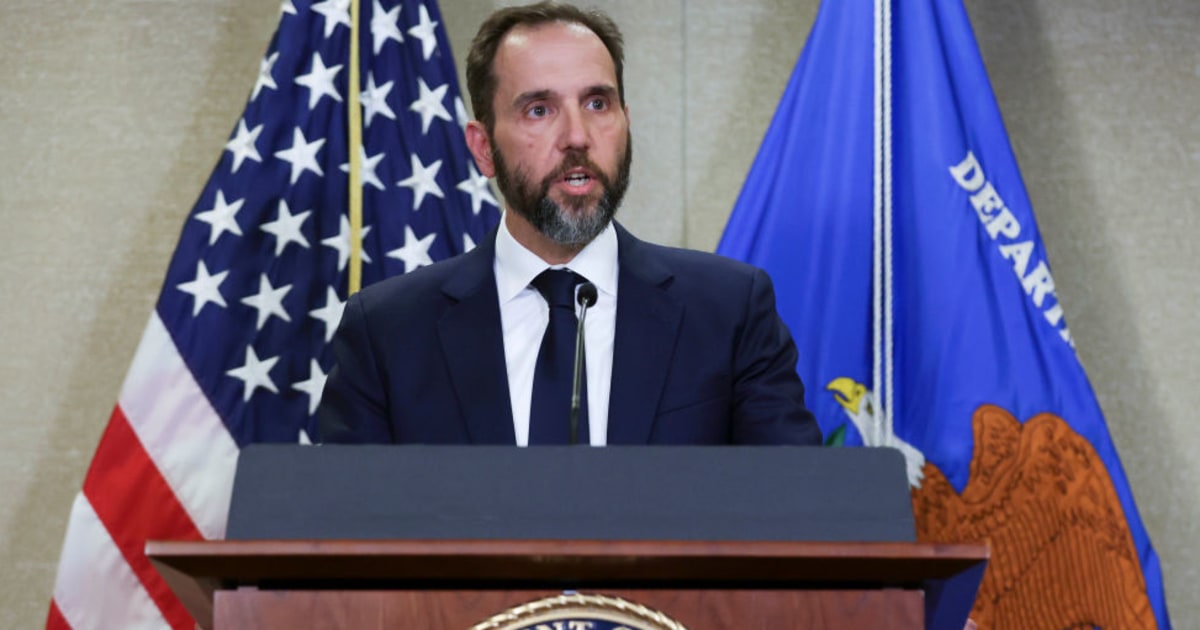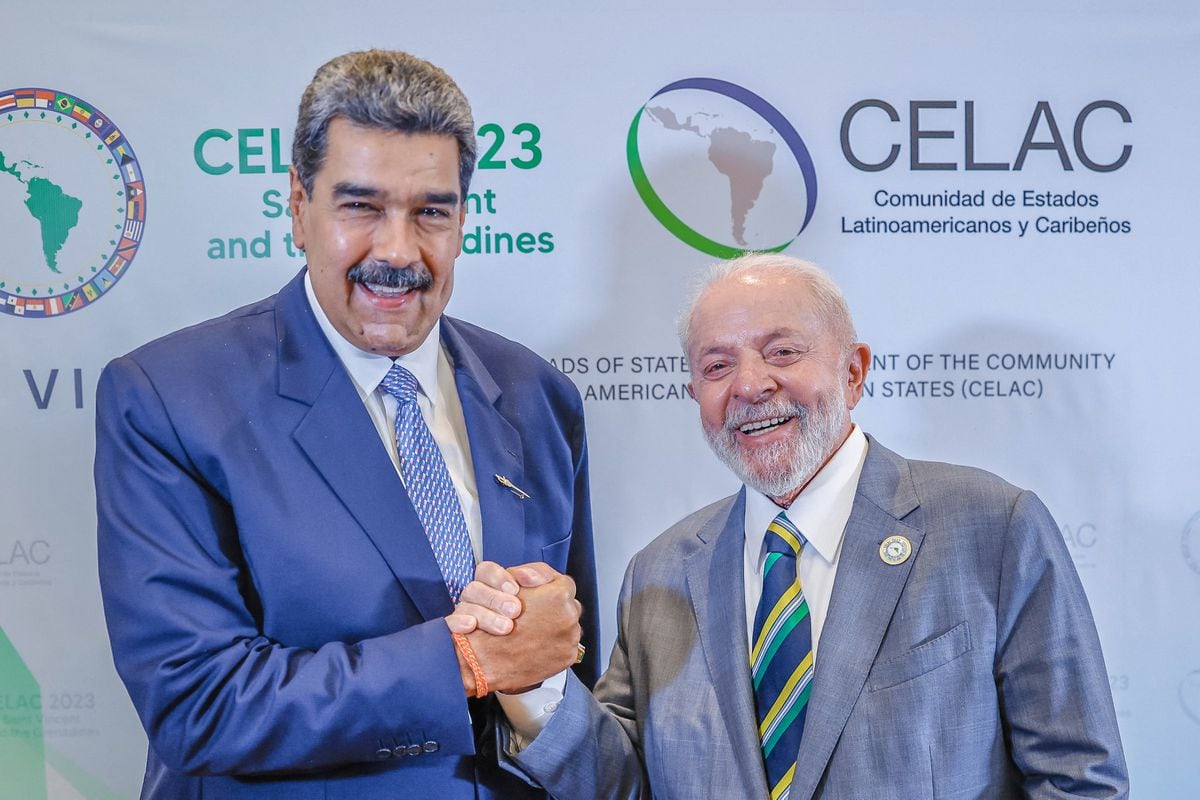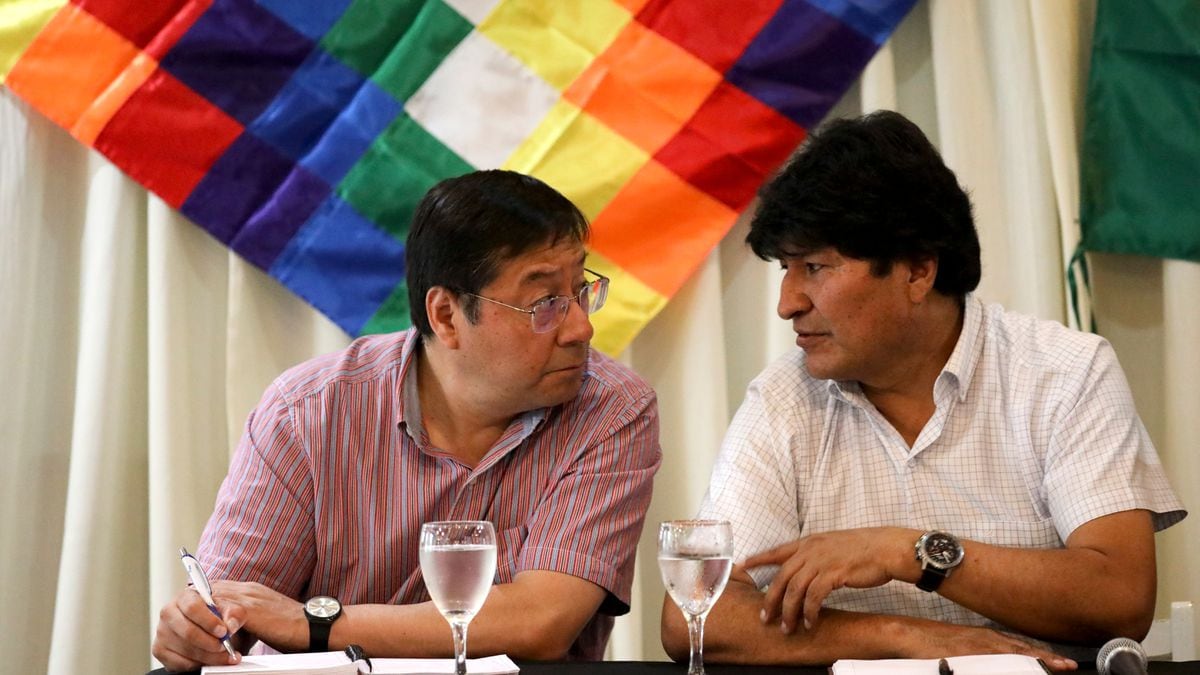The Constitutional Court is working on a calendar that allows it to issue a ruling on the most politically significant appeals throughout 2023. The decision is part of the urgent action plan that will be developed to update the long list of issues that the court has pending resolution.
During this year ―and therefore, before the next general elections, scheduled for the end of 2023―, the rulings on the abortion law ―challenged in 2010―, the euthanasia law, the educational reform of the
Celáa law
must be approved. , the regulations of the Generalitat on Spanish in Catalan schools, or the labor reform, among others.
An exact order has not yet been set, because the pace of resolutions depends to a large extent on the rapporteur of each of them, but the purpose of the new president of the court, Cándido Conde-Pumpido, and the vice president, Inmaculada Montalbán, is to firm, in the sense that the year cannot end without the Constitutional having been updated and having resolved the blockage that has been accumulating in the last two years.
In part, the delay has been one more consequence of the failure to comply with the constitutional provisions on the renewal of the institutions, in this case of the guarantee body.
In the Constitutional Court, in this last period there has been a clear awareness of the precariousness that meant that the replacements of the magistrates did not take place in the legally foreseen times.
The court's reaction was to put the hottest and most politically relevant appeals on hold to avoid internal tensions.
The previous renewal of the guarantee body, in November 2021, already occurred more than two years late, and for the last one, we had to wait another six months, since it would have had to arrive in June of last year.
The result of the delaying technique in order not to strain the internal life of the court and to avoid the reiteration of confrontations between the conservative and progressive sectors has been the scleroticization of the court and the growth of a file of pending issues that overflows on all four sides.
Added to the issues that must be resolved as a matter of priority, for example, is the entire chapter of parliamentary challenges of special importance, starting with the appeals of the PP and Vox against the alternative oath formulas used by 29 deputies from various groups at the beginning of the legislature, three years ago.
Whether or not it is understood that the parliamentarians who used them fully acquired the status of deputies or senators may depend on the validity of those formulas.
In the constitution of the Cortes in the current legislature, the 29 parliamentarians from Junts, ERC, PNV, CUP, EH Bildu and four from Podemos used different alternative formulas.
It also happened in the previous legislature.
Oriol Junqueras, for example, then promised the Constitution "from the republican commitment, as a political prisoner and by legal imperative."
The deputies of Podemos, in turn, did so "for democracy and social rights."
And by admitting the resources of the PP and Vox,
Together with this matter, the two appeals presented by the former deputy of Podemos Alberto Rodríguez to recover his seat remain unresolved, after having been sentenced to 45 days in prison —a sentence later commuted to a fine— for having kicked a police officer in a manifestation.
Rodríguez requested a precautionary measure to be allowed to continue exercising his work as a parliamentarian while his amparo request is not resolved.
Almost a year has passed and his appeal has still not been answered.
Instead, the court rushed to resolve the request of the PP that a very precautionary measure be agreed - that is, without hearing the defendant,
This episode once again placed the court at an incandescent point, comparable to the one that lived with the sentences that annulled the decrees of the state of alarm to face the pandemic, with the thesis that the Government would have had to ask the Courts to declare of the state of exception.
And it demonstrated the selective sensitivity of a guarantee body that was accumulating delays in its renewals, with magistrates aware of the burden of continuing to act with their mandate expired.
Hence, the Constitutional now wants to prioritize the resolution of resources in useful time.
"The court has to rule on law, not for the history of law," Conde-Pumpido has been heard to say in the meetings of the progressive group prior to his election as president of the guarantee body.
But at the same time he has exposed the need -more than convenience- to open a reflection on the role that the Constitutional has been playing in recent times.
His thesis is that the court "cannot be a fourth instance of the judicial power (after the ordinary court, the Superior Court of each autonomous community and the Supreme Court), nor a third chamber" (after Congress and the Senate). .
The question is not to introduce limitations so that individuals and political parties go less to the Constitutional Court.
But it does create a collective conscience that contains the expansion of cases in which the court is used to resolve conflicts that should find a solution in other scenarios.
With the amparo resources, filters already work to admit the challenges in which the "constitutional relevance" of the case is appreciated.
But the experience of recent years has revealed that recourse to the Constitutional has become an extensive practice of the activity of control of the Government's action.
The result has been that now the PP and Vox - but in the future perhaps the PSOE and Podemos - have been going to court to challenge all the legislative production of the Executive.
This has happened in this legislature,
The question asked by the new progressive majority of the Constitutional is whether it is inevitable that the parties get used to trying to win in the guarantee court everything they have lost in Parliament.
The idea is not to deprive anyone of the possibility of recourse, but rather to install the conviction that the guarantee body is not a bottomless pit destined to become a mere counterpower spring against the Executive and the Courts, when its role consists of guaranteeing the validity of the Constitution and to ensure that the actions of the three powers of the State respect and, above all, comply with it.
The experience of the current legislature has not helped to initiate this reflection on the role of the Constitutional Court as guarantor of the Fundamental Law and not as arbiter of the struggle for power between the parties.
The PP and Vox have competed ―sometimes also with Ciudadanos running on a third track―, to see who arrived before the court entrance register.
Since the last elections, held in November 2019, only Vox has presented a total of 45 appeals.
The last one, against the Democratic Memory Law, was formalized on Friday.
The leader of Vox, Santiago Abascal, explained that the challenge was presented "in defense of the fundamental and constitutional rights of all Spaniards" and with the commitment to repeal said law as soon as it manages to "expel the autocrat from La Moncloa."
In front of the guarantee body, it has not been necessary to install a permanent set in order to attend to the political leaders who came with a wad of pages —the sealed copy of their appeal— to explain before the cameras what alleged violation of the Executive they were preparing to try to prevent with solid legal arguments.
Through this procedure, complex initiatives on the most varied issues have been summarized in statements to journalists
in front of the glass building of the court.
And on various occasions, as in the case of the appeals against the educational reform of the
Celáa law
, the appearances have occurred with a difference of a few days, seeking that the first appeal presented was that of "head", that is, , the one that the court resolves first, so that it is the one that establishes the doctrine that is later applied to the rest of the challenges on the same matter.
This situation of the Constitutional helps to explain why its new president, Cándido Conde-Pumpido, rushed on Wednesday to send a forceful message in his first words after being elected, stating that the Constitution "does not allow secession, nor self-determination, nor independence.
For this, he took advantage of a passage from the speech to thank him for his appointment, in which he congratulated himself on the new composition of the court, mentioning in particular the recently incorporated magistrates.
It was thus, in passing, that he wanted to respond to the theses of the judicial and political right in the sense that Conde-Pumpido has led an alleged "assault" on the court to facilitate the holding of a referendum on self-determination in Catalonia, that the Government He would be willing to allow his partners in the pro-independence forces as a concession to maintain the support of his parliamentary allies.
The fact is, in any case, that Conde-Pumpido was, together with the conservative magistrate Antonio Narváez ―one of the four replaced in this latest renewal― the coordinator of practically all the Constitutional resolutions that endorsed the Supreme Court ruling in the case of
the
process
Subscribe to continue reading
Read without limits
Keep reading
I'm already a subscriber

/cloudfront-eu-central-1.images.arcpublishing.com/prisa/L5WQ5MINYNUYJIYLHMZT6PE5Z4.jpg)







